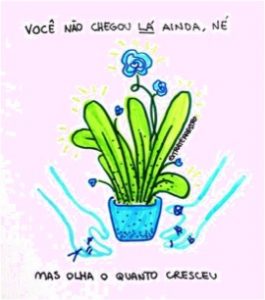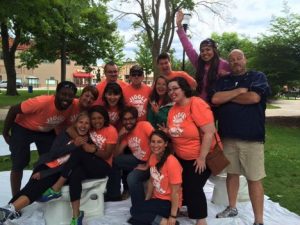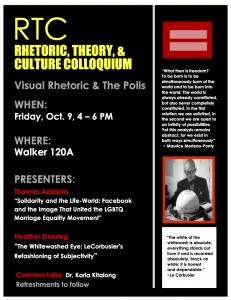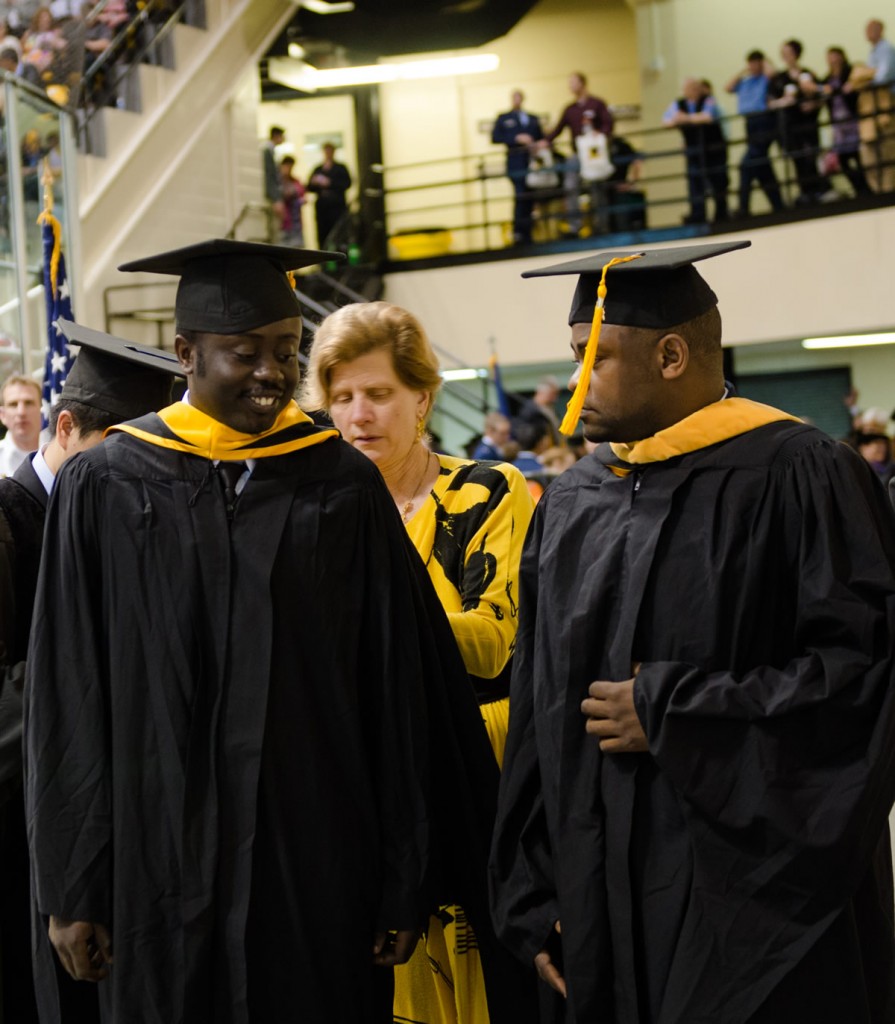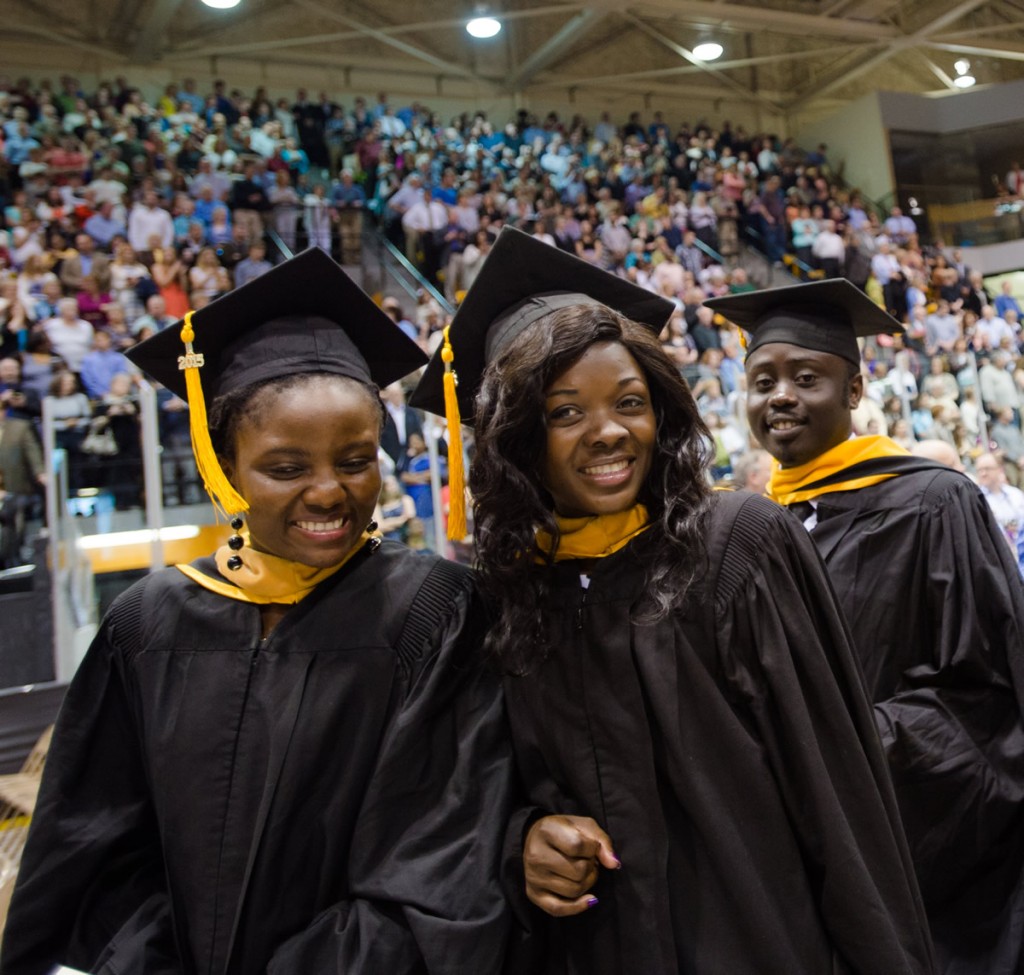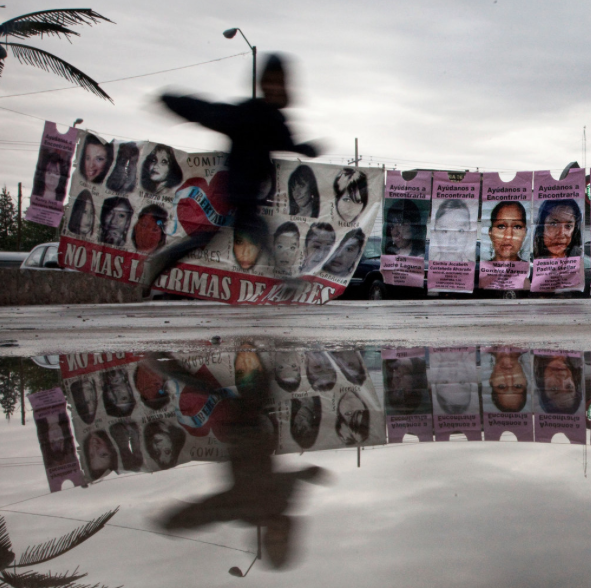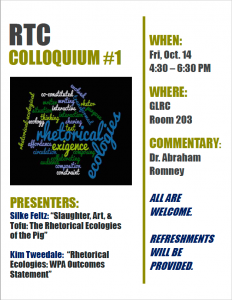 The Department of Humanities is pleased to announce a Rhetoric, Theory and Culture Colloquium to be held on Friday, October 14. RTC student Silke Feltz will first present her talk “Slaughter, Art, & Tofu: The Rhetorical Ecologies of the Pig” followed by RTC student Kim Tweedale presenting “Rhetorical Ecologies: WPA Outcomes Statement.” Abraham Romney will be providing commentary to the presenters.
The Department of Humanities is pleased to announce a Rhetoric, Theory and Culture Colloquium to be held on Friday, October 14. RTC student Silke Feltz will first present her talk “Slaughter, Art, & Tofu: The Rhetorical Ecologies of the Pig” followed by RTC student Kim Tweedale presenting “Rhetorical Ecologies: WPA Outcomes Statement.” Abraham Romney will be providing commentary to the presenters.
Please join us 4:30 p.m. Friday, October 14 in the Great Lakes Research Center room 203.
